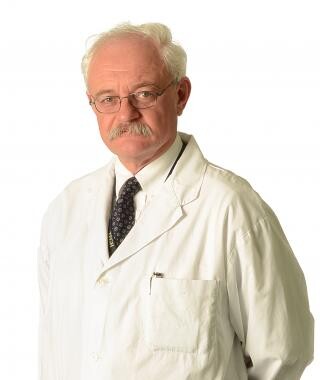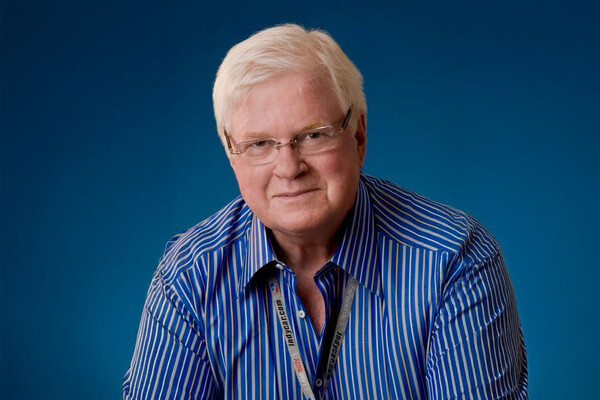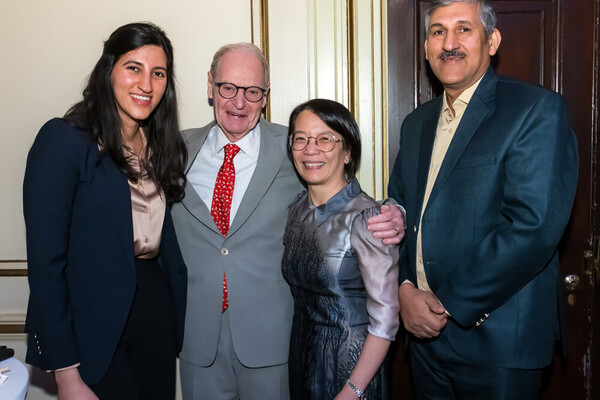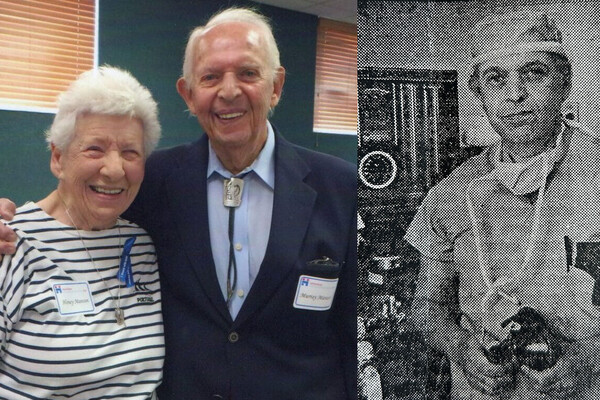Main Second Level Navigation
Nov 8, 2023
Dr. Tom Gilas receives Michael Garron Hospital's Lifetime Achievement Award in Surgery
Alumni Profile
The U of T alum (MD '78, PGME General Surgery '83) started Surginet – one of the largest international general surgical mailing lists in the world.

Michael Garron Hospital
Dr. Gilas was also part of the team that led Top Knife - one of the first surgical skills labs in Canada.


